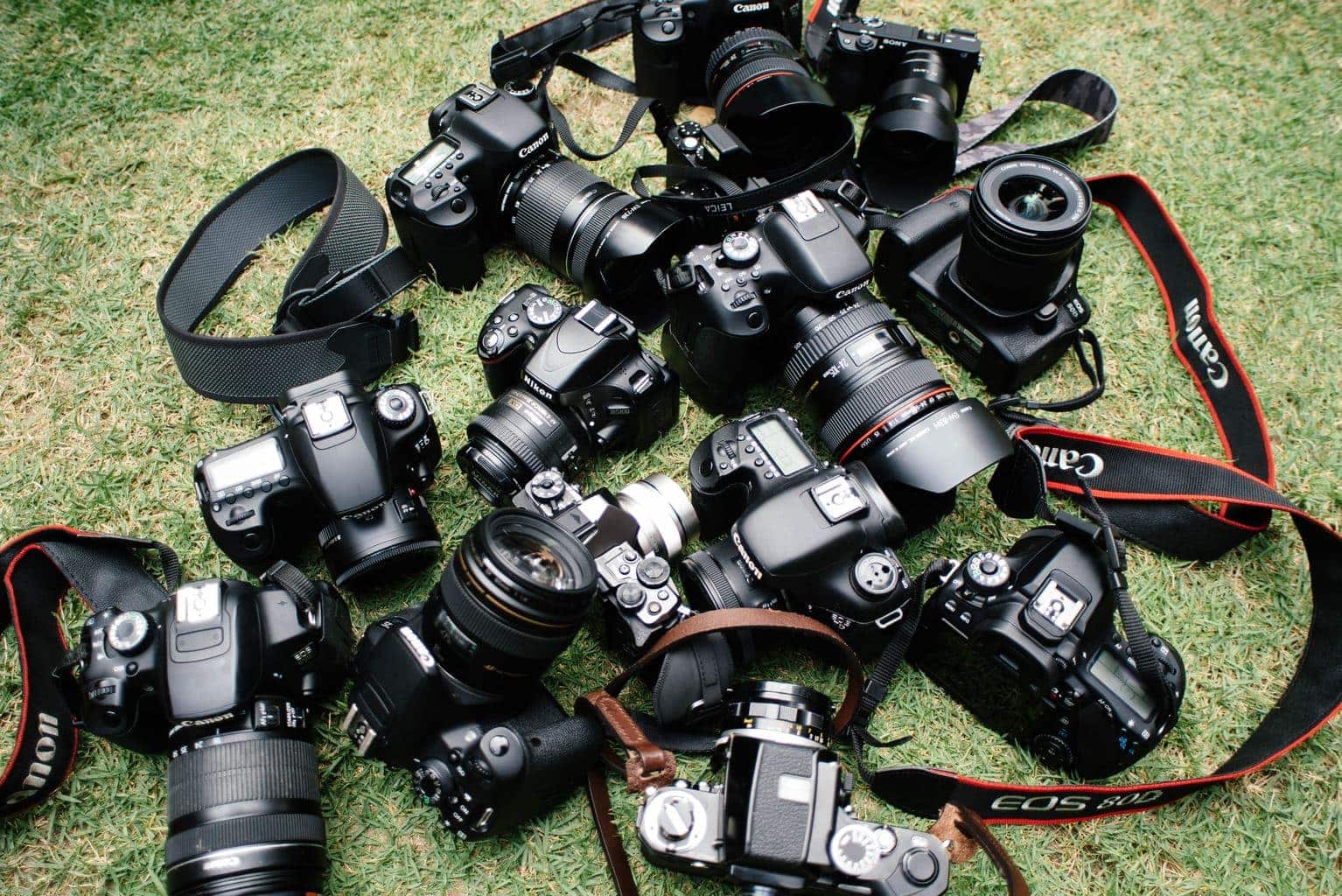This is an article by guest author Álvaro González. A professional photographer who explains why it is neither necessary nor recommended to have the latest camera on the market. Reading it will reduce your anxiety about the latest models ? .
Back in 2009 I bought my first Full Frame, a Nikon D700. A few years later, I added two cameras to my arsenal, the D800 and another for going out and having fun, the Fujifilm x100s..
DID YOU NEED THE D800?
I can only speak highly of the D700. A spectacular camera that has never let me down. 12 Megapixels and amazing quality (okay, I put good lenses on it and that helps). But one day Nikon takes out the D800 and I say... well look, I jump into the pool: 36 megapixels!
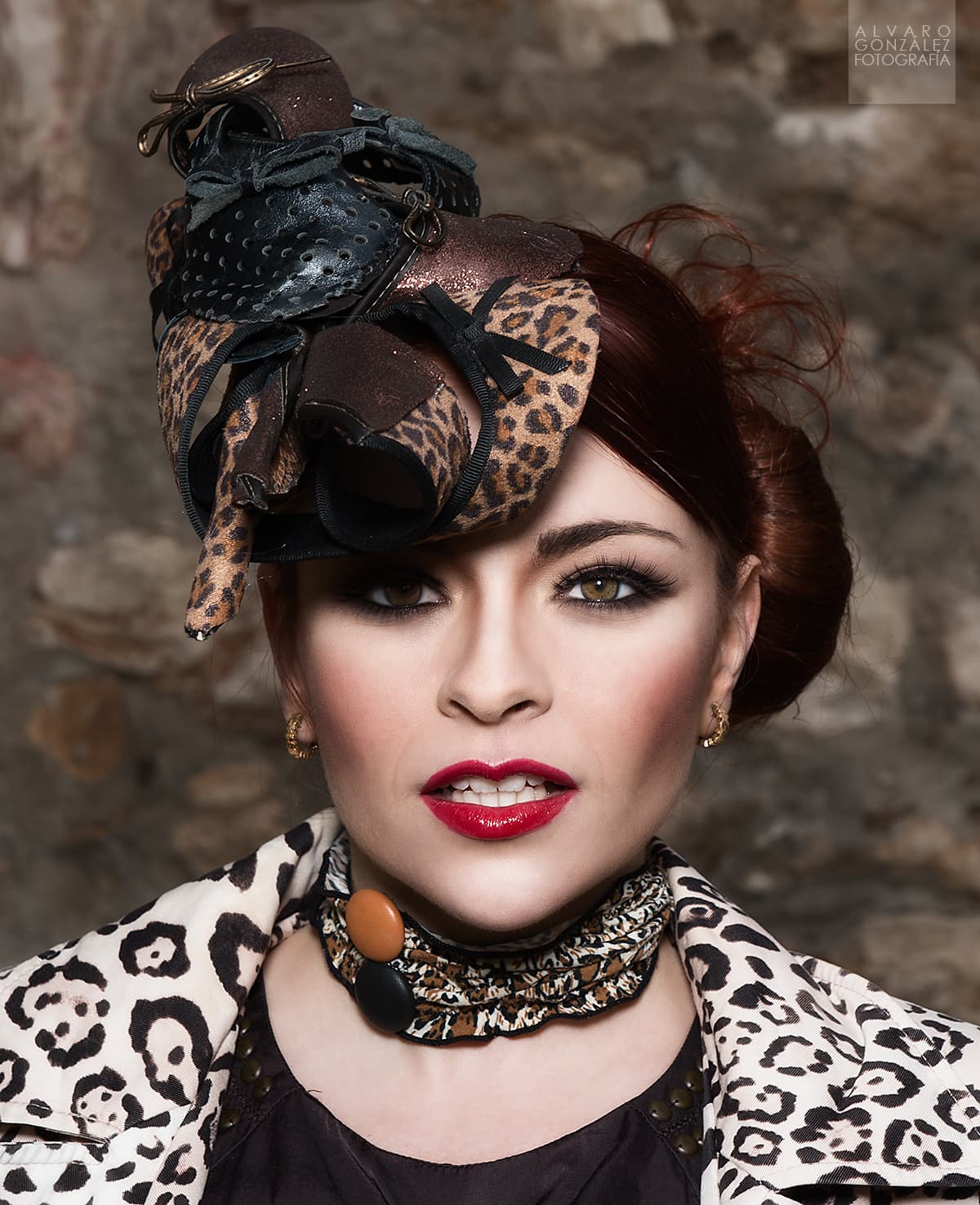
Once purchased came my disappointment. I realized that 36 megapixels are very heavy to move to begin with. That is, you do the session, and then you die processing in Lightroom . Not to mention Photoshop anymore. Over the years, and having state-of-the -art hardware , the truth is that currently the workflow is very fast, but basically because the hardware already handles multi-megapixel files well (I also confess that I've been using Capture One for 3 years and is something else).
My work is very varied: I do a lot of outdoor sessions and I also do studio sessions. Most of my clients have no idea if what I give them are photos taken with one camera or another. Most do not care about the size , since they will hardly print the photos. I use the D800 for 8% of my sessions, after so many years. Clients basically use my photos for social media or to print them in a format no bigger than a magazine. And then…
WHY DO I WANT MORE MEGABYTES IF I'M ONLY GOING TO POST MY PHOTOS ON INSTAGRAM?
Instagram, Facebook, Twitter... they are all terrible when it comes to working with images. What is the maximum size of a photo on Facebook? And on Instagram? I'm not going to say a specific size because you may read this in a month, two months, or a year, and by then it will have changed again.
But let's see, do this test: search for a photo on Facebook of any photographer and download it to your computer in the highest quality in the world. You will see that it does not weigh more than 200k. That means that Facebook (or IG), no matter how many Megapixels your camera has, will compress and reduce the photo at will and there is nothing you can do about it.
WHAT IF I WANT TO PRINT THE PHOTOS?
Here the story changes. Because depending on the size you want to print at, then you may need more Megapixels . But I will give you an example: I have printed my photos on an A3 (which is a considerable size) made with the D700 and its 12 Megapixels and it looks luxurious. And I have printed a photo of New York taken with the x100s (16 Mp) in a 70×105 format and it turned out great (70×105, you read that right!).
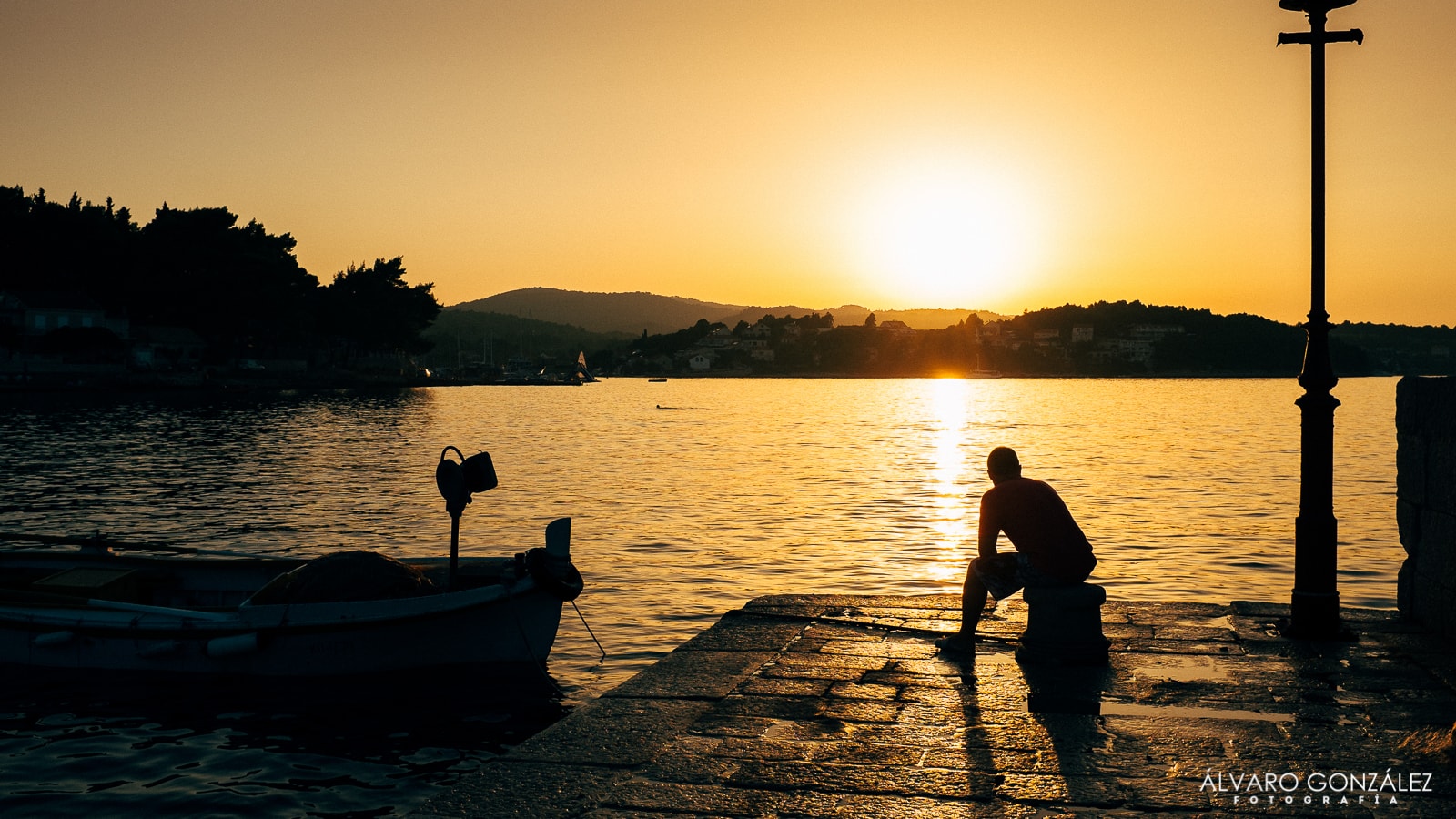
So… when does the D800 suit me better than the D700? Well, for example, when I have taken a photo and I realize that the composition would be much better if I cut out and keep only a part of that photo. If the photo is 36 MP, even making a significant crop , the image will be large enough to be able to print it without problem. The same does not happen with a 12 MP image.
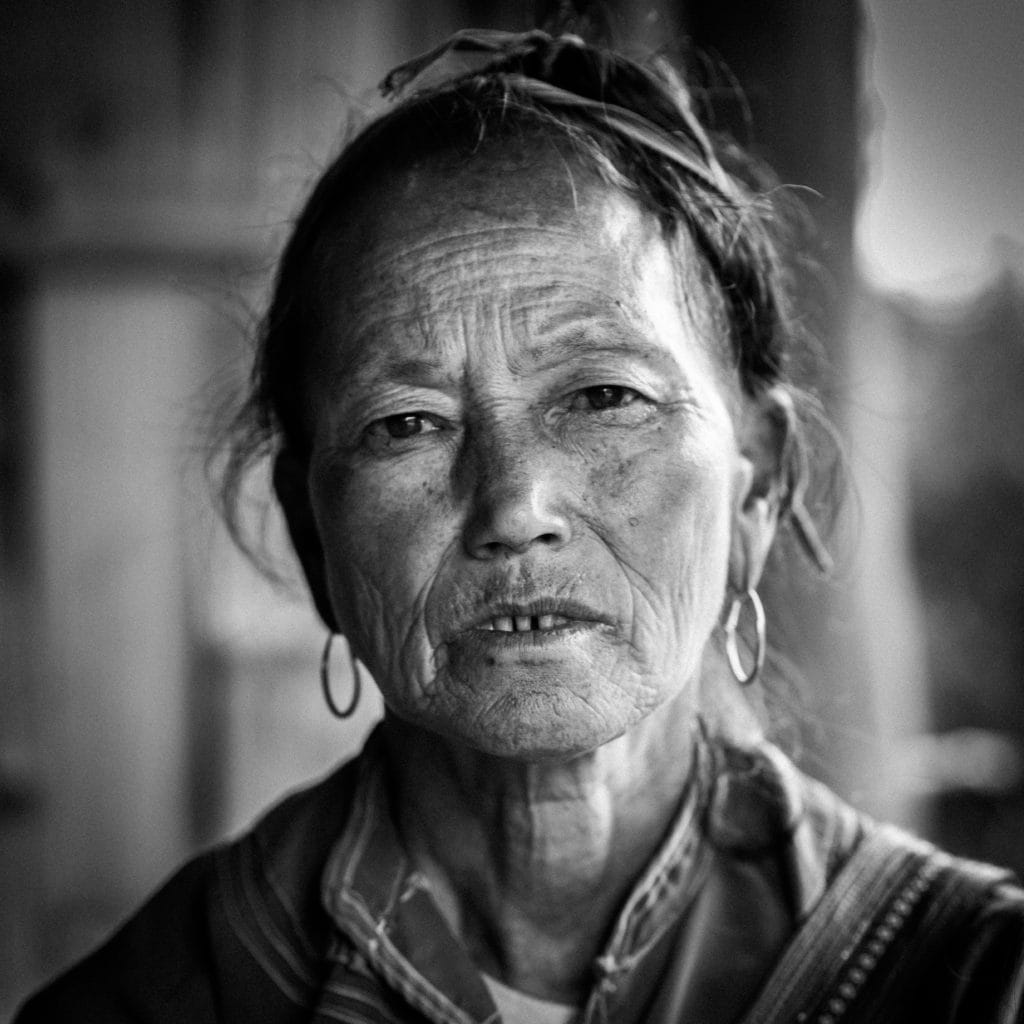
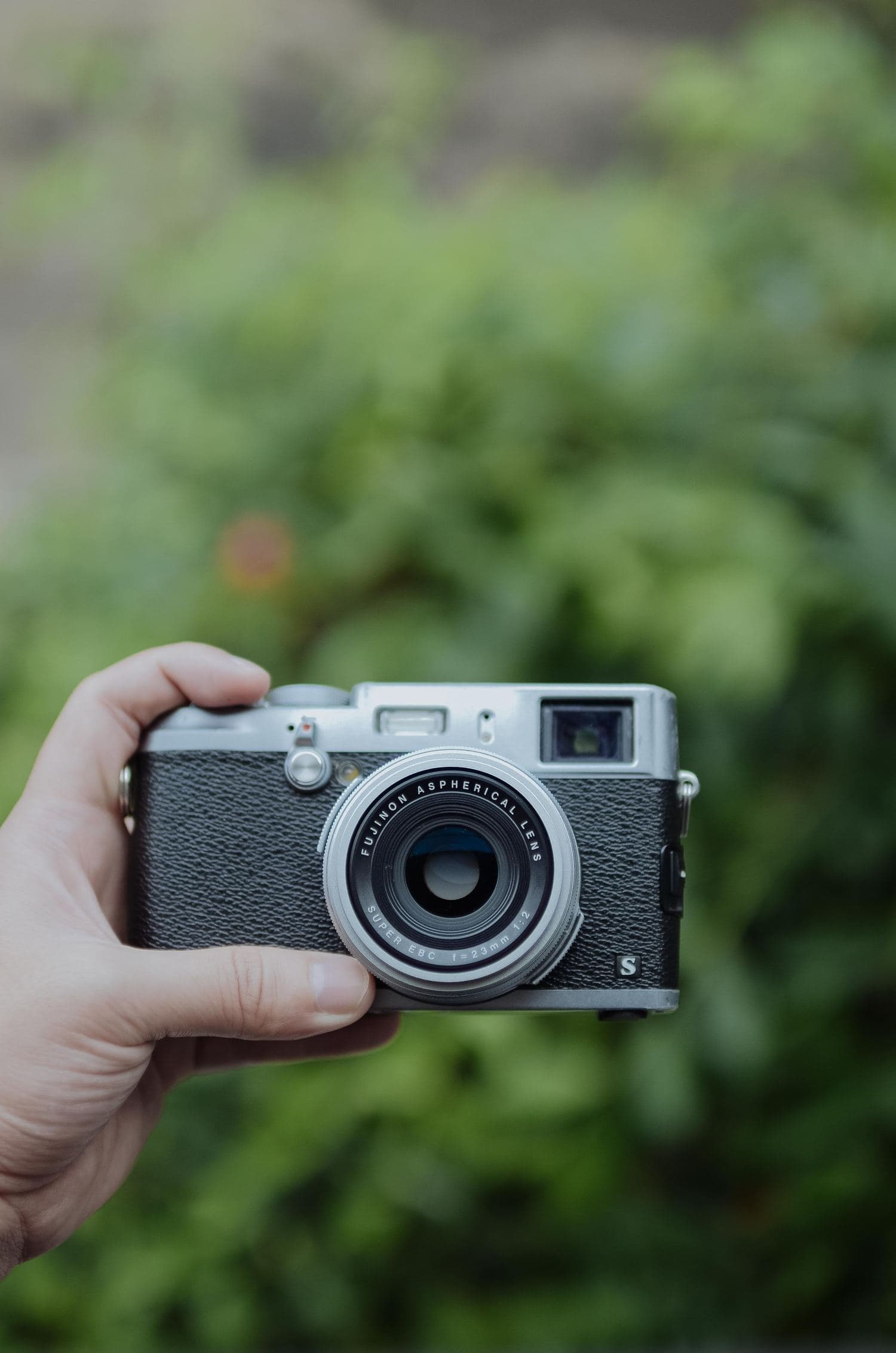
The other time where 36 MP is better than 12 MP is obviously photo retouching . I appreciate being able to do the retouching in high resolution images, so I zoom in and go very detailed. There, the D700 loses by a landslide.
THE MISTAKE OF BUYING THE CAMERA JUST WHEN IT GOES ON THE MARKET
In my case, Nikon's advertising made me one of the first to buy the D800. Mistake. A few months later the D810 came out and it obviously corrected bugs and had some advantages that my camera no longer had. And, obviously, my equipment was quickly devalued.
The same thing happened with the Nikon flash, the SB900, which overheated. Soon after they released the SB910, which is indeed a beast. Although there are hundreds of these stories to tell. Me because I work with Nikon, but those who work with other firms also have a lot of these types of stories...
AND… WHY DON'T I UPDATE MY FUJIFILM X100S?
Since I bought it (2014 I think) there have been a couple of updates. As always, the main improvement is the processor and the definition. For those of you who are not familiar with this marvel, it is a camera that does not have interchangeable lenses, but rather has a 23mm fixed focal length, which, being in an APS-C body, becomes a 35mm focal length.
The current (x100f)it's 24 MP compared to 16 MP on my old x100s. It is faster, it has a higher resolution, it connects via Wi-Fi, it improves the ISO... but, nevertheless, the only thing that would make me rethink the change is... an improvement in the optics. And no, there is no such improvement, because the lens that the X100 line has incorporated is the same since it went on the market. And it's spectacular.
I'M STARTING… WHAT CAMERA SHOULD I BUY?
If you're a photographer, that question will be asked by everyone who starts photography, and with current prices, that's a lot of people. I always tell them that current technology is very good and that the simplest SLR is great (and I really think so).
Obviously, once they get on the wheel there is no stopping them from wanting the latest of the latest, but I will share an experience with you. Two months ago, a photographer friend had all her photographic equipment stolen. As I was very sorry for her situation, I lent her the D700 and two objectives, a 50mm 1.4 from Nikonand a 105mm from Sigma. She was a total fan of her Canon and had top notch equipment and yet she was fascinated by the Nikon and did wonderful work. Yes, with a camera that is 10 years old and a lens (105mm) that is around 500 euros new on the market.
CONCLUSION
The camera doesn't matter, the eye matters and how educated you have it.
So, honestly, if you've seen the new camera from this or that brand, or you've seen some wonderful photos taken with a new camera… I have something to tell you: the camera is your eye and your good work. Before you spend the money on the next super camera, my suggestion is that you spend it on training.
Learning online is very cheap, but also, go to any photographic exhibition in your city, visit the museums, educate your eye. It's good to see photos on the Internet, but don't forget that they look great photos as well as true jerks . That noise can distort the taste quite a bit.
Are you just starting? Buy yourself a very cheap camera or a used camera , a second-hand lens (I was working with a 30-year-old 24mm, manual, until recently when it cost me €100) and get as much juice out of it as you can.
Yes, obviously there will come a point where the camera limits you, but if you're just starting out, you have a long way to go. The camera doesn't take amazing photos, it's you who does.
This is an article by Álvaro Gonzalez, a professional photographer from Barcelona. You can follow his work on his website.
If you also want to participate as a guest author, click here.
Did you like the article? Thank Álvaro for his advice by sharing the article on your favorite social network so that others can enjoy his fantastic work and experience. Thank you and see you soon.

